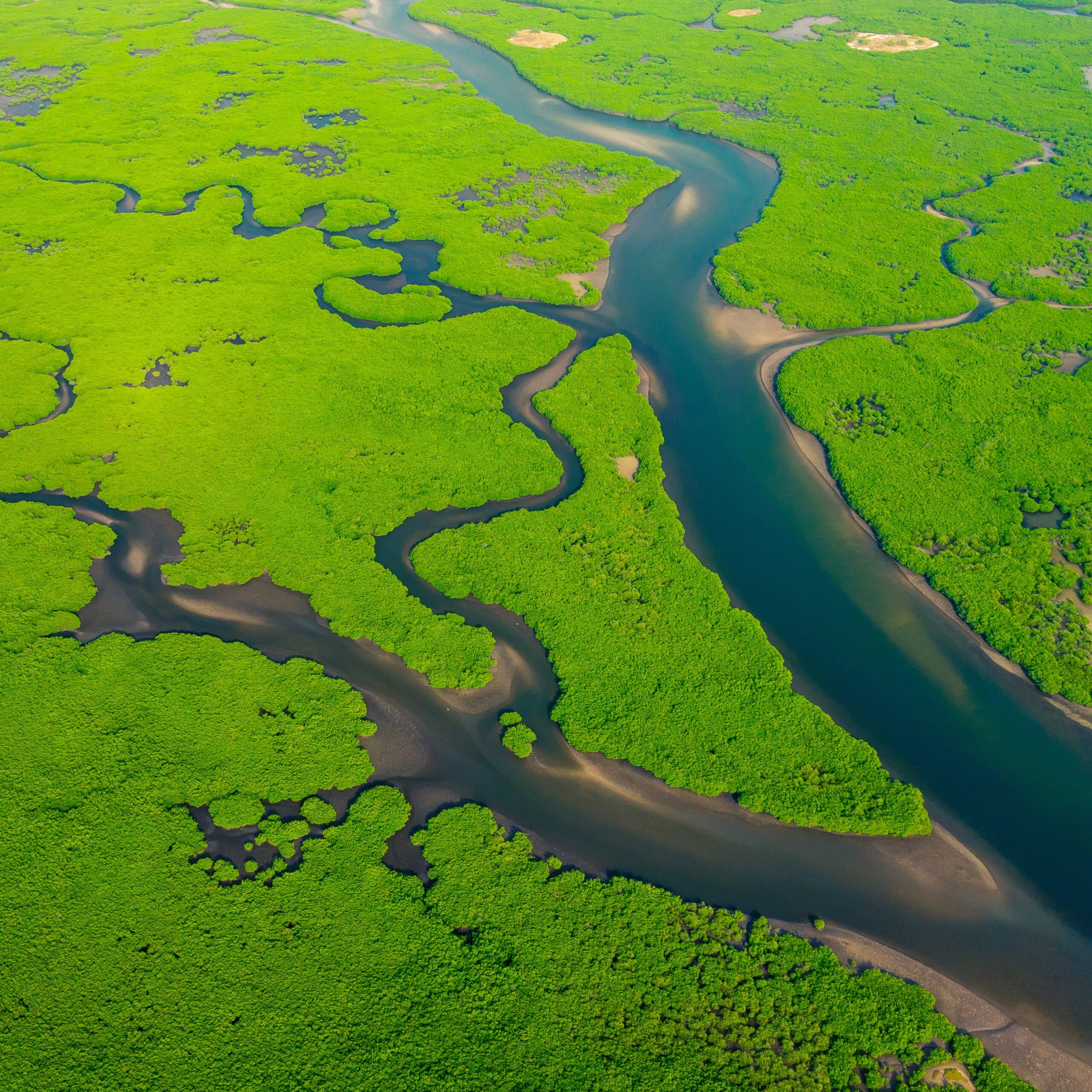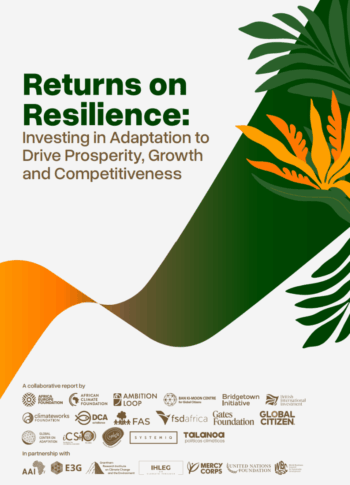Landmark report ahead of COP30 finds adaptation investment could unlock 280 million new jobs by 2035.
A new global report produced by Systemiq in collaboration with over 20 partners, launched today at the World Bank Annual Meetings reveals that investing in climate and nature resilience could generate over 280 million jobs across emerging markets and developing economies by 2035, while boosting GDP and unlocking a trillion dollar market opportunity.
The report, Returns on Resilience: Investing in Adaptation to Drive Prosperity, Growth and Competitiveness, presents the strongest evidence to date that adaptation is not just a moral imperative, but a strategic investment in sustainable growth. Released ahead of COP30, the study draws on insights from individuals associated with over 120 organisations and more than 70 leading publications, with support from the Gates Foundation.
The challenge: climate impacts are already eroding progress
The world is already feeling the cost of climate instability. Every year, 20 million people are displaced by floods, droughts, and extreme heat. The least developed countries are 10% poorer today than they would have been without climate change. Extreme weather events have erased $525 billion in growth across the most vulnerable emerging and developing economies over the past two decades, and without urgent action, global GDP could decline by up to 23% by 2050.
Despite the mounting evidence, capital still flows in the wrong direction. For every $1 spent on resilient infrastructure, $87 continues to go into assets that ignore climate and nature risks, leaving communities, businesses, and governments exposed.
The opportunity: resilience pays back many times over
The Returns on Resilience report finds that investments in adaptation deliver four times more benefits than costs, with an average annual return rate of 25%. Beyond avoided losses, resilience-building investments drive growth and competitiveness:
- Scaling interventions could create more than 280 million jobs by 2035.
- The adaptation and resilience market could reach up to $1.3 trillion annually by 2030.
- In some vulnerable economies, adaptation could increase GDP by up to 15% by 2050, while strengthening fiscal stability and reducing debt risk.
The moment: COP30 as a turning point
With Brazil’s COP30 Presidency placing adaptation and resilience at the heart of the global agenda, this year’s summit represents a vital opportunity to shift from reacting to disasters to proactively building resilience that safeguards lives and secures prosperity.
The call to action
As the world prepares for COP30, Returns on Resilience sends a clear message: building resilience is the investment agenda of our time. With compelling data and actionable pathways, it provides governments, businesses, and investors with the evidence they need to channel capital toward solutions that secure both prosperity and planetary stability.


